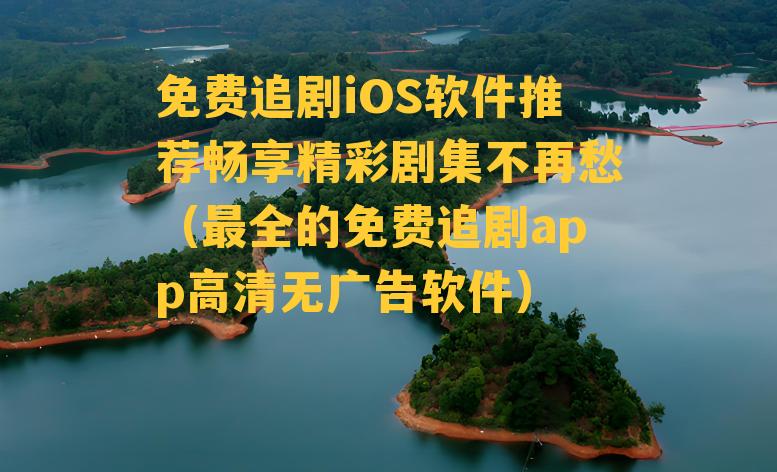英文版翻译书籍推荐(英文版翻译中文版)
lable to help you navigate this linguistic landscape.
**Understanding the Basics of Translation**
ning the same meaning and tone. It involves more than just swapping words from one language to another; it requires an understanding of both languages' grammar, syntax, and cultural nuances.
**Types of English Translations**
1. **Literal Translation**: This involves translating words and phrases directly from one language to another without considering the cultural context or nuances.
ms to convey the meaning rather than the exact words, often using synonyms or paraphrasing.

3. **Formal Translation**: Suitable for official documents, legal texts, and academic papers, this type of translation is very precise and follows strict language conventions.
ls or casual conversations, this style is more relaxed and conversational.
**Challenges in English Translations**
1. **Language Differences**: English and many other languages have different sentence structures, idioms, and cultural references, making direct translation difficult.
2. **Idiomatic Expressions**: These phrases do not translate directly and require creativity to convey the intended meaning.
n terms or phrases may have different connotations or meanings in different cultures.
4. **Technical Terminology**: In specialized fields, there are specific terms that may not have direct equivalents in other languages.
**Tools and Resources for English Translations**
1. **Online Translation Services**: Platforms like Google Translate offer quick and convenient translations but may not always be accurate for professional use.
2. **Professional Translators**: For high-quality translations, especially for important documents or publications, hiring a professional translator is essential.
3. **Translation Software**: Tools like SDL Trados and MemoQ can assist in the translation process, especially for large projects with repetitive content.
4. **Dictionaries and Thesauri**: These resources can help with finding the right words and understanding idiomatic expressions.
**Conclusion**
lable can greatly enhance your ability to navigate the complexities of English translations.









